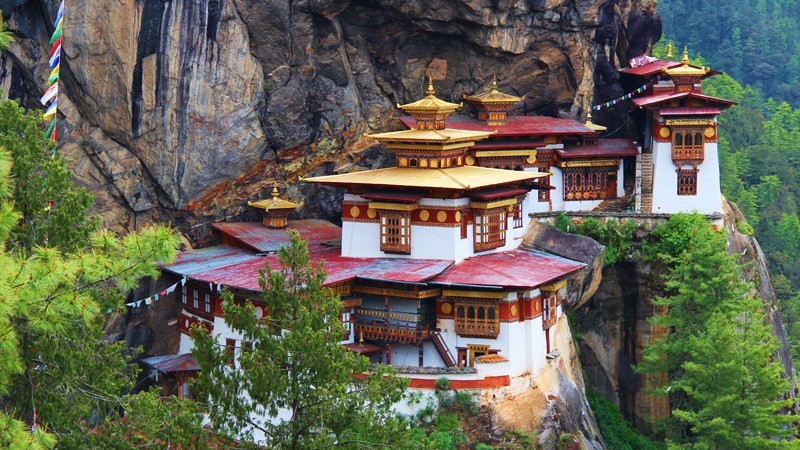
Bhutan, known as the Land of the Thunder Dragon, continues to attract tourists despite its sustainable development fee (SDF), which charges USD 100 per person per night for foreign visitors, except for those from India who pay Rs 1,200 per person per night. Carissa Nimah, Bhutan Tourism's Chief Marketing Officer, emphasizes that there is "no capping on the number of tourists" as the country upholds its 'High Value, Low Volume' tourism policy.
"Bhutan has always taken a distinct approach to tourism," Nimah said. "Our strategy is about maintaining high quality experiences rather than pursuing mass tourism. We focus on attracting the right number of visitors to ensure a high-quality experience."
The SDF revenue supports various initiatives, including free healthcare, education for Bhutanese nationals, sustainability projects, and infrastructure improvements.
Nimah clarified a common misconception that Bhutan imposes a cap on tourist numbers. "There is no cap. We welcome everyone. In 2019, our peak year, we welcomed about 350,000 visitors, a notable figure considering our population of 750,000. Still, we did not limit visitor numbers."
This year marks the 50th anniversary of Bhutan opening its borders to international tourists, beginning in 1974. The tourism sector contributes less than five percent to Bhutan's GDP, with Indian travelers accounting for the majority, followed by visitors from the United States and the United Kingdom.
Nimah expressed a desire to boost the percentage of repeat visitors, which is currently below 10 percent. She aims to shift the perception of Bhutan from a "bucket list destination" to a place worth revisiting. "We want people to see Bhutan not just as a one-time destination but as a place to return to. Many visitors only explore the main valleys like Thimphu, Paro, and Punakha. However, Bhutan has many more hidden gems worth discovering."
With breathtaking landscapes and a reputation as the world’s first 'carbon negative' country, Bhutan offers diverse tourism experiences, from adventure and cultural tourism to unique local cuisine and nightlife. The country is set to return to pre-pandemic tourist arrival levels, exceeding 300,000 next year.
Bhutan’s commitment to environmental conservation is reflected in its constitution, mandating that at least 60 percent of the country’s land remain forested. "Bhutan is an authentic destination with well-preserved culture," Nimah said. "The country offers numerous trekking routes and trails rich in history. Its unique culture, food, and nightlife make it special."
Nimah also discussed the 'Mindfulness City' project, an ambitious initiative announced by Bhutan's King Jigme Khesar Namgyel Wangchuck. Planned for Gelephu town near the Indian border, this new economic hub aims to attract businesses that align with Bhutan’s values of mindfulness. Expected to be completed in five to eight years, the city will focus on various sectors including education, technology, finance, healthcare, and tourism.
"The 'Mindfulness City' will be a transformative project, creating a new gateway for tourists and a center for business and innovation," Nimah added.
Emirates to Receive First Airbus A350 in October
Expansion of Digi Yatra Services to Nine New Airports to Enhance Air Travel Efficiency